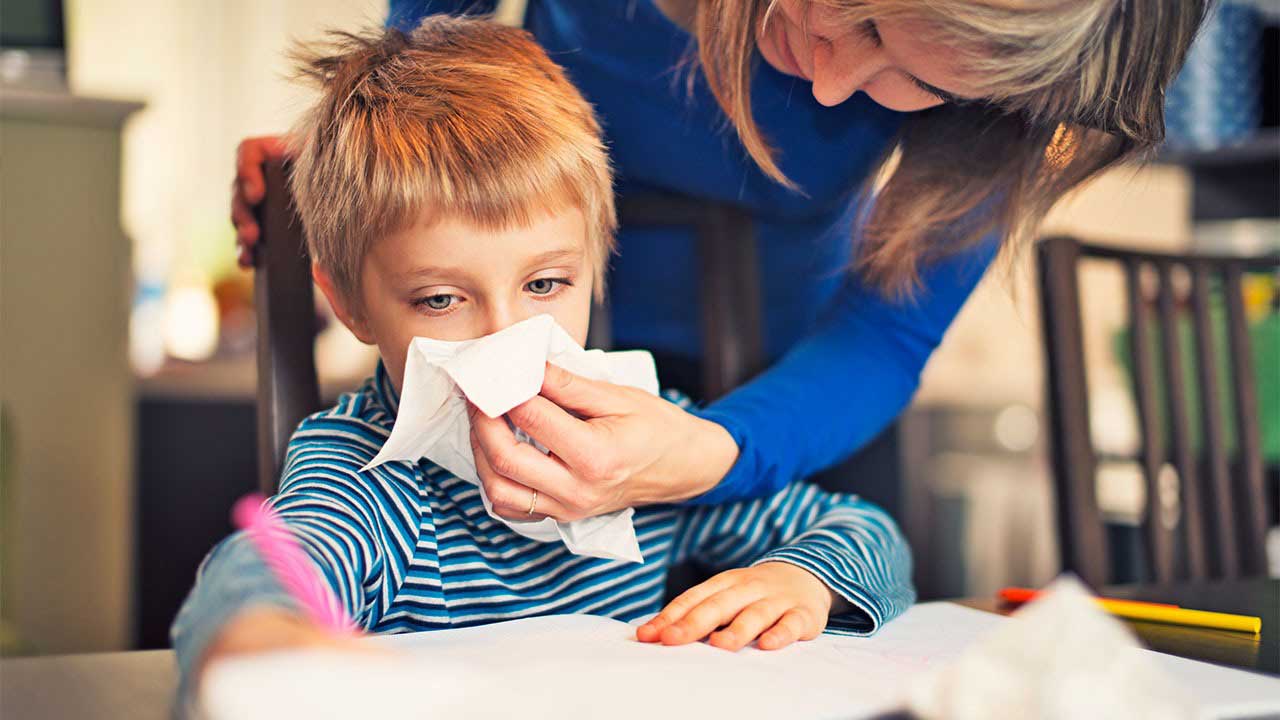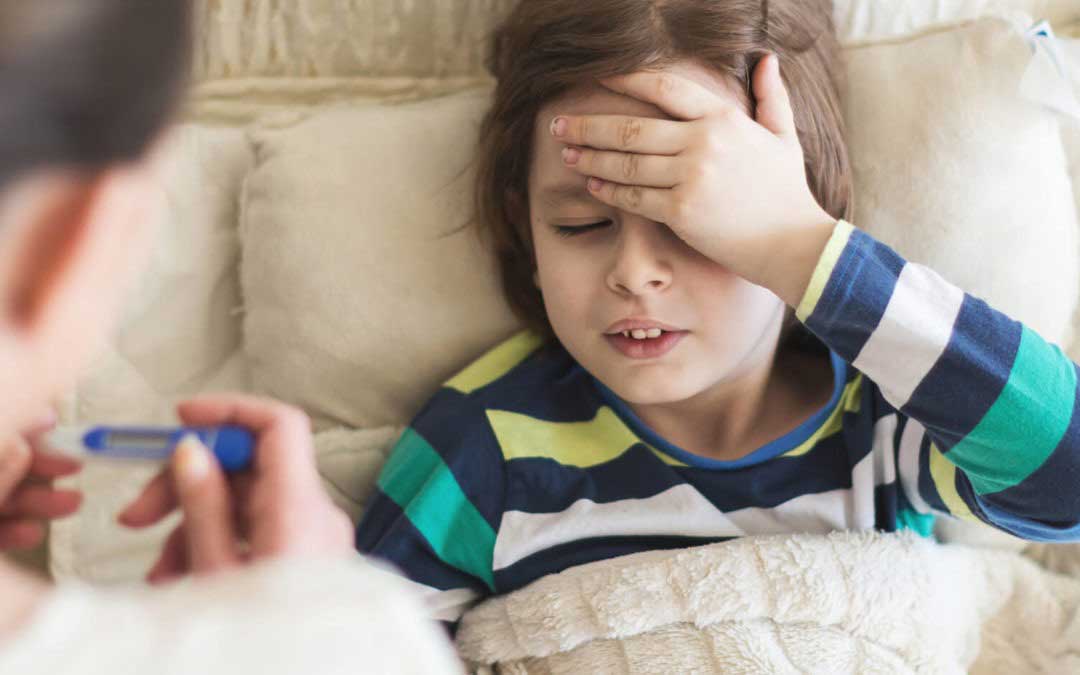As a parent, it’s not uncommon to see your child sniffling, sneezing, and feeling under the weather, especially during the colder months. The common cold is a frequent childhood ailment that can leave both children and parents feeling frustrated. In this blog, we will explore what parents need to know about the common cold in children and provide practical tips on how to offer relief and ensure a smooth recovery. Your child’s health and comfort are our priorities at Texas Specialty Clinic. Call us today at (469) 496-2454 to book a consultation.
Understanding the Common Cold in Children
The common cold, caused by various viruses, is highly contagious and easily transmitted among children, particularly in school or daycare settings. Here’s what parents should know:
Common Symptoms: Common cold symptoms in children include a runny or stuffy nose, sneezing, coughing, sore throat, mild headache, and low-grade fever. These symptoms are generally mild but can be distressing for children.

Duration: A typical cold in children lasts about 7-10 days, though some symptoms may linger for up to two weeks.
Transmission: The common cold spreads through airborne respiratory droplets from coughs and sneezes, as well as by touching contaminated surfaces.
Prevalence: Children can experience multiple colds each year due to their developing immune systems, which are still building resistance to various viruses.
Providing Relief for Your Child
While there is no cure for the common cold, there are several ways parents can provide relief and support their child’s recovery:
Hydration: Encourage your child to drink plenty of fluids, such as water, clear soups, or herbal teas. Staying hydrated helps thin mucus and soothes a sore throat.
Rest: Ensure your child gets adequate rest to aid in the body’s healing process. A good night’s sleep and short naps during the day can speed up recovery.
Humidifier: Using a cool-mist humidifier in your child’s room can alleviate congestion and soothe irritated airways.
Saline Drops: Saline nasal drops can help relieve nasal congestion, making it easier for your child to breathe.
Gentle Nose Blowing: Teach your child to blow their nose gently to avoid irritation or nosebleeds.
Warm Saltwater Gargle: For older children, a warm saltwater gargle can soothe a sore throat.
Over-the-counter medications: Consult your healthcare provider before giving any over-the-counter cold medications to children, as they may not be recommended for certain age groups.

Comfort: Provide comfort items like a favourite blanket, stuffed animal, or a warm beverage to make your child feel more at ease.
Good Hygiene: Teach your child to practice good hygiene by covering their mouth and nose when coughing or sneezing and washing their hands frequently.
When to Seek Medical Attention
In most cases, the common cold is a self-limiting illness that resolves on its own. However, there are situations when you should seek medical attention for your child:
High Fever: If your child has a fever above 100.4°F (38°C), especially if it persists for more than a couple of days, consult your healthcare provider.
Worsening Symptoms: If your child’s symptoms worsen or do not improve after a week, it’s essential to seek medical advice.
Severe Symptoms: Seek immediate medical attention if your child experiences severe symptoms, such as difficulty breathing, chest pain, or dehydration.
Underlying Health Conditions: If your child has underlying health conditions or a weakened immune system, consult a healthcare provider promptly.
Prevention is Key
While it’s challenging to entirely prevent your child from catching a cold, you can take some preventive measures:
Handwashing: Encourage frequent handwashing, especially before meals and after coughing or sneezing.
Avoid Close Contact: Teach your child to avoid close contact with sick individuals.
Vaccination: Ensure your child is up-to-date with recommended vaccinations, which can help prevent certain viral infections.
The common cold in children is a temporary, but often uncomfortable, condition that can be managed with care and attention. By providing relief and supporting your child’s recovery through hydration, rest, and good hygiene, you can help them get back to their energetic selves. Always consult your healthcare provider if you have concerns about your child’s symptoms, and remember that prevention is a valuable tool in reducing the frequency and severity of colds.
